Abdullahi Ismaila is one of the under celebrated Nigerian poets and writers, a close reading of his works reveals authentic artistry and deep philosophical insights which are not common amongst many writers today.
Our Country Holds a Whip Against Us is an articulate collection of poems that dissects the current state of our country. The title of the collection of poems is rightfully justified as a whip is symbolic to pain, anguish and injuries. The collection is artfully divided into three parts. A season of baneful banalities actually embodies the shattering of dreams and lack of laughter in the land. It goes further to state the sharing of blood and implies swift death to those who oppose the presiding powers.
Our Country Holds a Whip against Us is a powerful reminder that the society is ‘greed en tided’, ‘gloom flushed’, ‘shame faced’ and ultimately a ‘damned land’ filled with sleep walkers in place of vanguards. They are described by the poet as ‘sciolists’ and ‘maudlin prawns’ making mischief without making history.

In A Season of Toneful Wailing, the nation is portrayed as to be experiencing ‘‘a season of leeches” and we are currently ”reeking of blood sucking arachnids”. This astutely expresses the sour state of corruption in the country. A vice empowered by a raging destructive force—greed. Our situation is illustrated as precarious because loose on the street is ‘hatred’ and ‘vengeance.’
The society is depicted to be expectant. Waiting for a turnaround to the challenges that plague us. We are described to be ‘waiting so long for our laughter’ but it never comes. The culprits responsible for this tragedy are ‘pol- thieves-cians’ as rightly described by the poet via the application of poetic license. Still the populace is yet to decide on the consistent and meaningful action towards enacting the change we so desire. Unfortunately, ‘we have sold our laughter’ to individuals with ‘crab consciences’. The masses have resolved to be nothing but ‘chatter boxes’ and onlookers will only find ‘a sitcom of protean characters’
The collection in finality does not remind us of our sorry state and abandons us in a state of despair. Rather it provides comfort in an artful indication
The poet employs a fine blend of indigenous words and names like ‘danchi, lonchi, fura, nono’ to set a brilliant texture to the text. The language used in the text speaks volumes of the dire state of our country. The prevailing condition of the nation cannot be truly expressed in the tongue of the lay. Brilliant also is the use of alliteration that birthed beautiful word combinations like ‘white washed,’ ‘making mischief, ‘baleful banalities, simpering sadness.
Metaphors are technically applied by the poet in statements like: ‘This country is a ripped annoyance ‘ ‘This country is a protean story’, ‘this country is a chatter-box’. The country is repeatedly personified as an individual ‘with a whip’.
Religious symbols are prevalent in the text. From Islam comes the terms: Ajab al- Zannab and Tinat Al khabal.
From the wells of African traditional practices is Christopher Okigbo’s ‘Mother Idoto’. Recognizable is the merger between African oral literature and its Western counterpart with the recurrent appearance of the phrase:
kpan kpa duwasa
which is an exclamation preceding the introduction of a wise saying in Nupe language. Running through the poems is the delightful reference to influential poems like Kofi Awoonors Songs of Sorrow, Okot P’ bitek’s Song of Lawino, Song of Ocol and our very own Christopher Okigbo’s The Labyrinth. This perhaps symbolises the literary and academic background of the poet Abdullahi Ismaila.
We see a modulated tone trickling through the course of the collection. The tone is buttressed by a variety of moods. The poet will have the reader reeling in pain and yet defiantly, joyfully conscious and alive with thoughts.
In the third and final part of the collection, Season of Wakeful Laughters, the poet holds out a laurel of hope amidst the chaos existing in our society. He affirms hopefully that:
Somehow
Someday
Laughters tempered with providence
Will joyfully find jocular cavities
The collection in finality does not remind us of our sorry state and abandons us in a state of despair. Rather it provides comfort in an artful indication that:
we shall get by
These ham- string seasons:
For the more broken we are
The better we are made.
Abdullahi Ismaila is one of the under celebrated Nigerian poets and writers, a close reading of his works reveals authentic artistry and deep philosophical insights which are not common amongst many writers today. In this collection for example, one encounters the brilliance of metaphors, images and a general sense of poetic consciousness that is acutely refreshing and evocative. He writes with the society at heart. Ismaila’s works deserve to be read by all lovers of good literature.
Paul Liam is a poet, critic and author.
- Kabura Zakama’s Chant of the Angry: The Lamentation of a Nation in Despair || PaulLiam - September 14, 2024
- Abdullahi Ismaila’s Our Country Holds a Whip Against Us: Toneful Wailings And Wakeful Laughters|| Paul Liam - June 24, 2021
- On Reading “Gathering of Spirits & Other Poems” by Umar Abubakar Sidi || Paul Liam - May 3, 2021






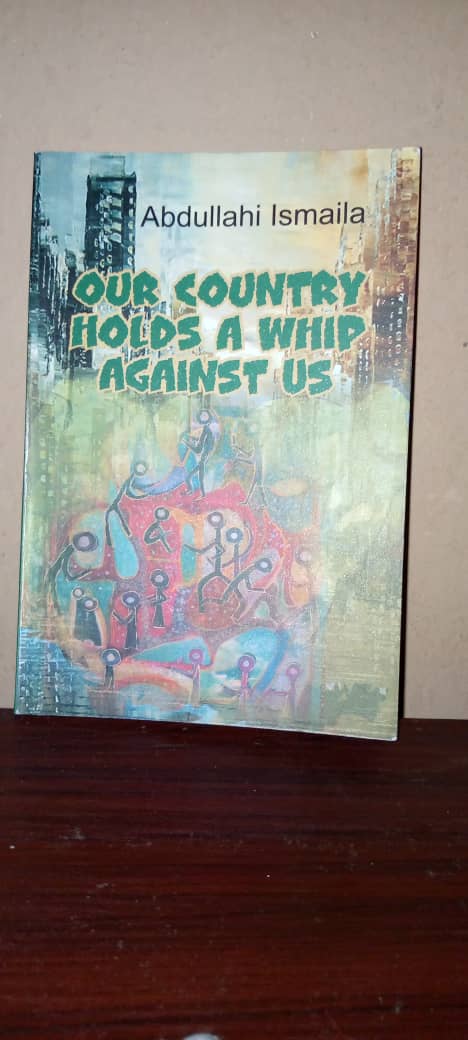
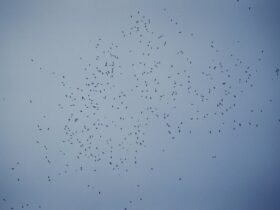
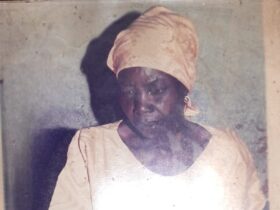
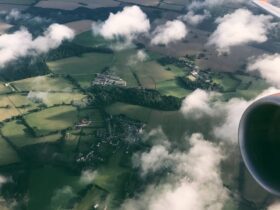
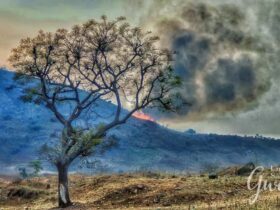
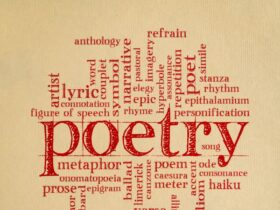

Leave a Reply